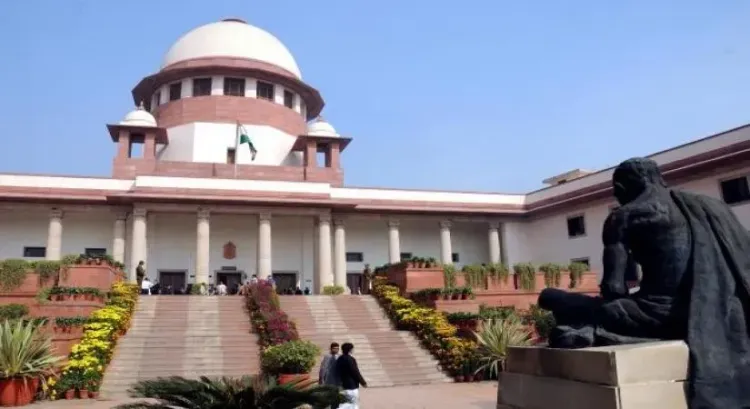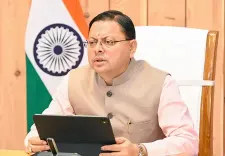Will the Supreme Court Address the PIL Against BJP MP Nishikant Dubey for His ‘Contemptuous’ Remarks on the Judiciary?

Synopsis
Key Takeaways
- The Supreme Court will examine serious allegations against BJP MP Nishikant Dubey.
- Dubey's comments are seen as potentially damaging to the judiciary's reputation.
- The case raises important questions about political speech and accountability.
- The outcome could impact the relationship between the legislature and judiciary.
- The PIL emphasizes the need to protect judicial dignity.
New Delhi, May 4 (NationPress) The Supreme Court is set to hear a public interest litigation (PIL) on Monday concerning the "contemptuous actions" of BJP Lok Sabha member Nishikant Dubey, who has been accused of "scandalizing" the highest court and the Chief Justice of India (CJI). According to the causelist on the Supreme Court's website, a bench comprising CJI Sanjiv Khanna and Justice Sanjay Kumar will address this issue on May 5.
The petition claims that Dubey, representing Jharkhand’s Godda constituency, made a “provocative, hateful, and scandalous” comment directed at CJI Khanna and the nation’s apex judicial authority.
In an interview, Dubey stated that "Chief Justice of India Sanjeev Khanna is responsible for all the civil wars happening in India" and accused the Supreme Court of being the sole instigator of religious conflict in the country.
According to the plea submitted by advocate Vishal Tiwari, "The full contents of the interview are laden with derogatory remarks towards the judiciary and the Supreme Court. Such actions constitute offenses that are punishable under BNS as well as under Section 15 of the Contempt of Courts Act, 1971."
The PIL emphasizes the necessity of safeguarding the dignity of the Supreme Court and its judges, urging the court to utilize its powers under Article 129 of the Constitution of India, which grants it the authority to punish for contempt.
Previously, the Supreme Court had allowed advocate Tiwari to file an amended petition after he requested permission to adjust the plea in light of the "serious remarks made against the Chief Justice of India".
Justice Surya Kant and N.K. Singh advised, "You should file a new petition," stressing that the statements in the petition must uphold the "dignity and decorum of the institution."
In an earlier PIL, the formation of a five-member judicial commission, led by a retired Supreme Court judge, was requested to investigate the violent protests against the Waqf (Amendment) Act, 2025, in Murshidabad, West Bengal.










